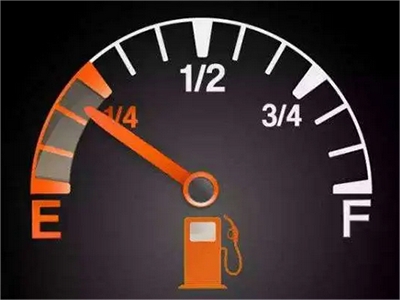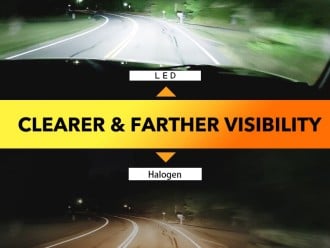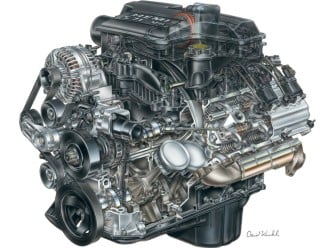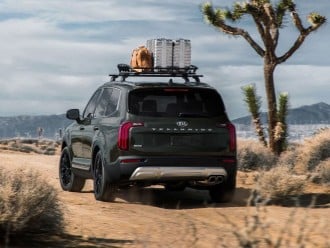Fuel-efficient driving: Maintaining good fuel pump performance to optimize vehicle fuel economy
The fuel pump plays a crucial role in delivering fuel from the fuel tank to the engine. Its efficient operation ensures a stable and sufficient fuel supply, promoting optimal combustion and power generation. If the fuel pump malfunctions or operates inefficiently, it can lead to decreased fuel pressure, which in turn affects engine performance and increases fuel consumption.
Tips for fuel-efficient driving:
Adopt fuel-saving driving habits to maximize the benefits of maintaining a well-functioning fuel pump.
Smooth acceleration and deceleration: Avoid sudden braking and rapid acceleration as they increase additional fuel consumption. Gradually increase speed and decelerate slowly to optimize fuel consumption.
Reduce idling time: Extended idling wastes fuel. If the wait time is long or conditions are safe, consider turning off the engine.
Shift gears appropriately: Shifting gears within the recommended RPM range helps improve fuel efficiency. Avoid over-revving the engine or maintaining low RPM for extended periods.
Proper tire pressure: Maintaining the recommended tire pressure reduces rolling resistance and improves fuel economy. Regularly check and adjust tire pressure as needed.

Drive at lower speeds: Whenever appropriate, choose lower speeds as high-speed driving increases air resistance and fuel consumption.
Reduce air conditioning usage: Operating the air conditioning system increases engine load, leading to higher fuel consumption. When the temperature is comfortable, consider turning off or reducing the use of air conditioning.
Manage vehicle load: Minimize unnecessary weight in the vehicle and trunk as the extra weight increases fuel consumption.
Correct tire pressure: Keep tires within the proper pressure range as both underinflated and overinflated tires can affect fuel economy.
Utilize inertia: When suitable, take advantage of the vehicle's inertia by coasting, releasing the accelerator, and decelerating gradually to reduce energy loss and fuel consumption.
Plan routes: Pre-plan driving routes to avoid congestion and detours, minimizing unnecessary stops and rapid acceleration.
Regular maintenance: Ensure timely vehicle maintenance, including air filter replacement, oil changes, spark plugs, etc., to maintain the engine's good working condition.













